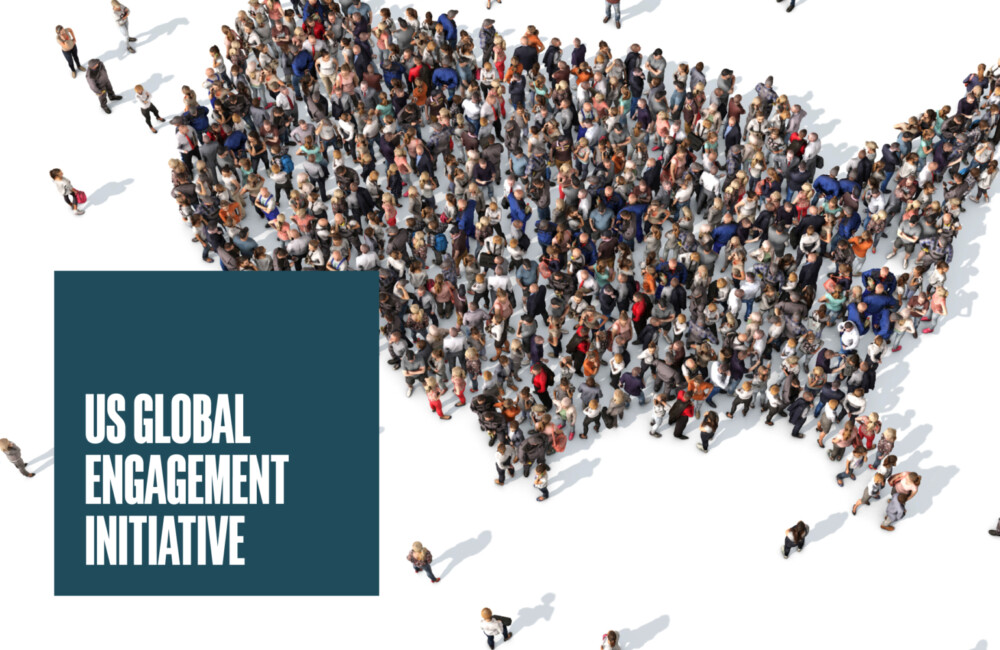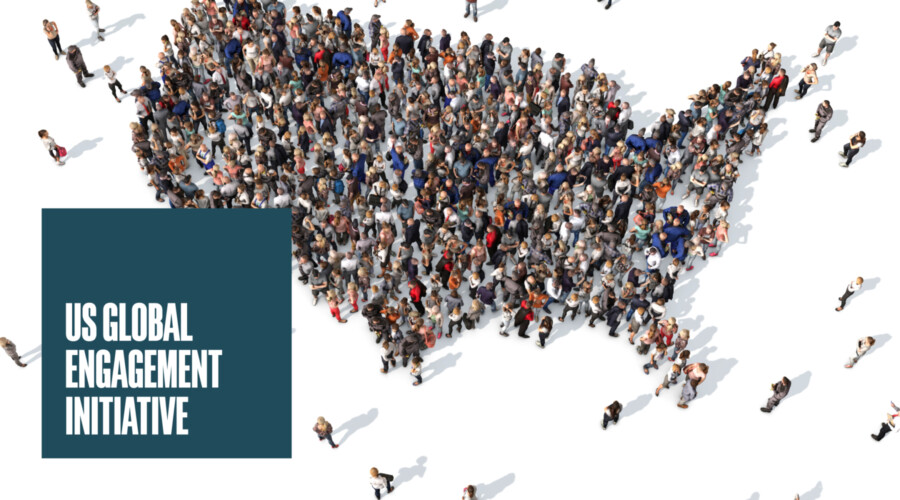This article was first published on March 19, 2018 on the Ethics & International Affairs blog.
Doubts about America's reliability as a guarantor and support of the liberal international order have been increasing since the 2016 election. What impact is this having on America's closest and most critical relationships? What impact does it have both in terms of securing regional and global stability but also on sustaining support for democracy and human rights?
I had the opportunity this past week to speak with Dr. Andrew Michta, dean of the College of International and Security Studies at the George C. Marshall European Center for Security Studies; and to attend a U.S.-Japan-Russia trilateral dialogue sponsored by the National Committee on American Foreign Policy. The conversations and discussions, whether focused on the trans-Atlantic or the Asia-Pacific realms, touched on common themes. These included a growing concern in both Japan and Germany that the United States is becoming more inconsistent and unreliable; that its guarantees and promises carry less weight; and worries about erosion in commitments to liberal democracy and human rights. Questions that I have raised in the past were echoed, particularly in the dialogue, about the impact of the decoupling of U.S. geo-economic priorities–notably a growing shift towards energy self-sufficiency within the Western Hemisphere–with continued commitments by the United States to underwrite regional security arrangements and keeping open for transit the global commons.
A consistent question raised is that of U.S. reliability–and to what extent whether promises made by the United States in the past upon which other countries have chosen particular security and economic policies that have accorded with U.S. preferences are conditional on whether U.S. domestic politics support honoring those guarantees. Germany and Japan, for instance, may need to consider plan "Bs" to take steps to secure their interests and the security of the European and East Asian theaters that, in the long run, may clash with U.S. preferences. Certainly there exists the possibility that the European Union and the remaining Trans-Pacific Partnership 11 might choose to no longer rely on their security and economic partnerships with the United States–which could produce a cost savings in the short run, but at what cost for the longer term?
The conversation with Dean Michta ("European Futures in the Shadow of American Disengagement") can be read or listened to now; the National Committee on American Foreign Policy will release a report on the dialogues later in 2018. In both cases, though, arguments were advanced for American global engagement that do not rely on the old trope of "this will bring jobs" or lead to an X increase in gross domestic product. Instead, the emerging narrative is that economic interconnection among partners creates networks that then generate requirements for mutual security and can incentivize others to share more of the burdens and to promote greater predictability by regularizing the rules of interaction. Conversely, greater disintegration leads to greater unpredictability and risk which increases dangers and costs.
This follows the line of thinking expressed at the recent Ruger workshop on trade. Whether this will prove to be more enduring and convincing to help reverse the narrative collapse surrounding U.S. global engagement remains to be seen.


